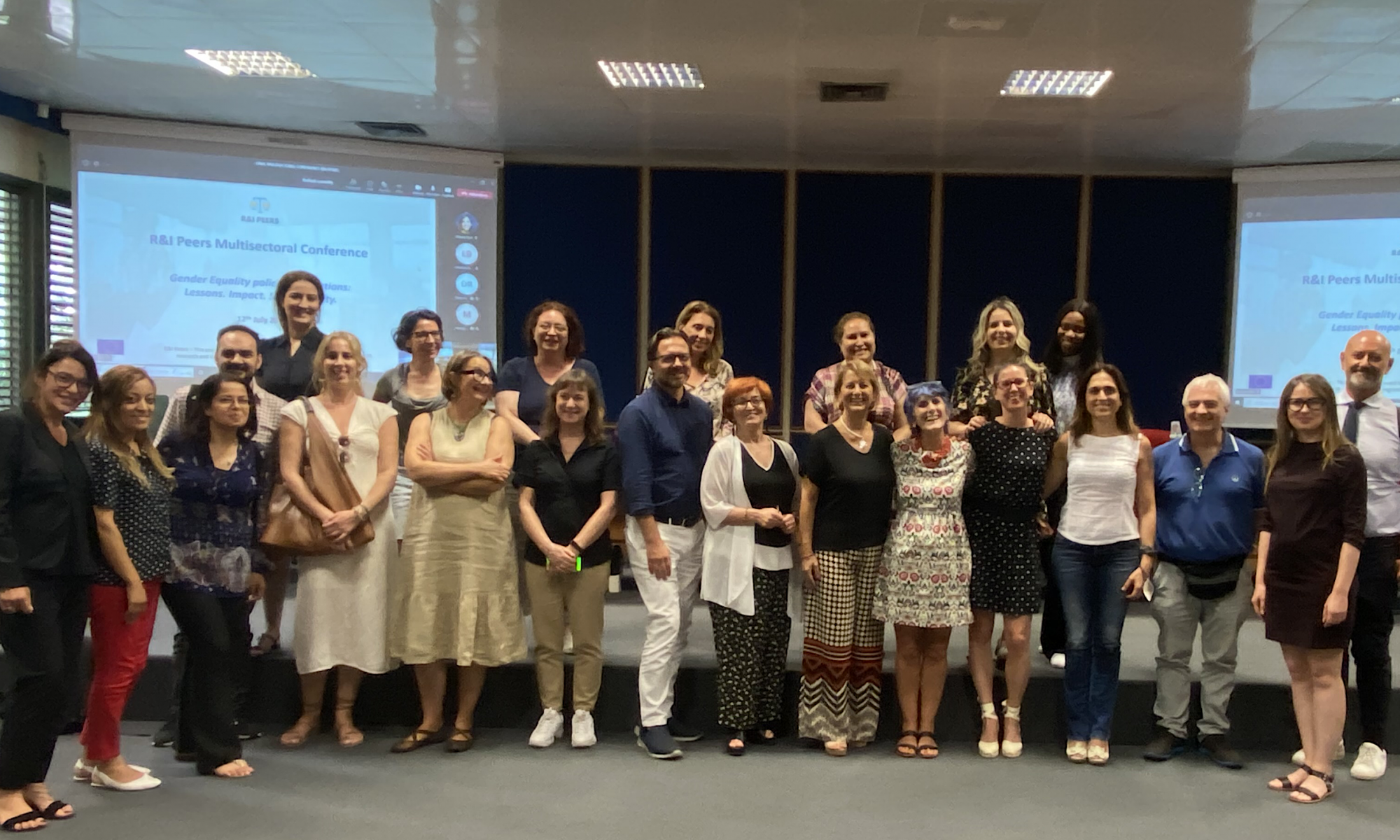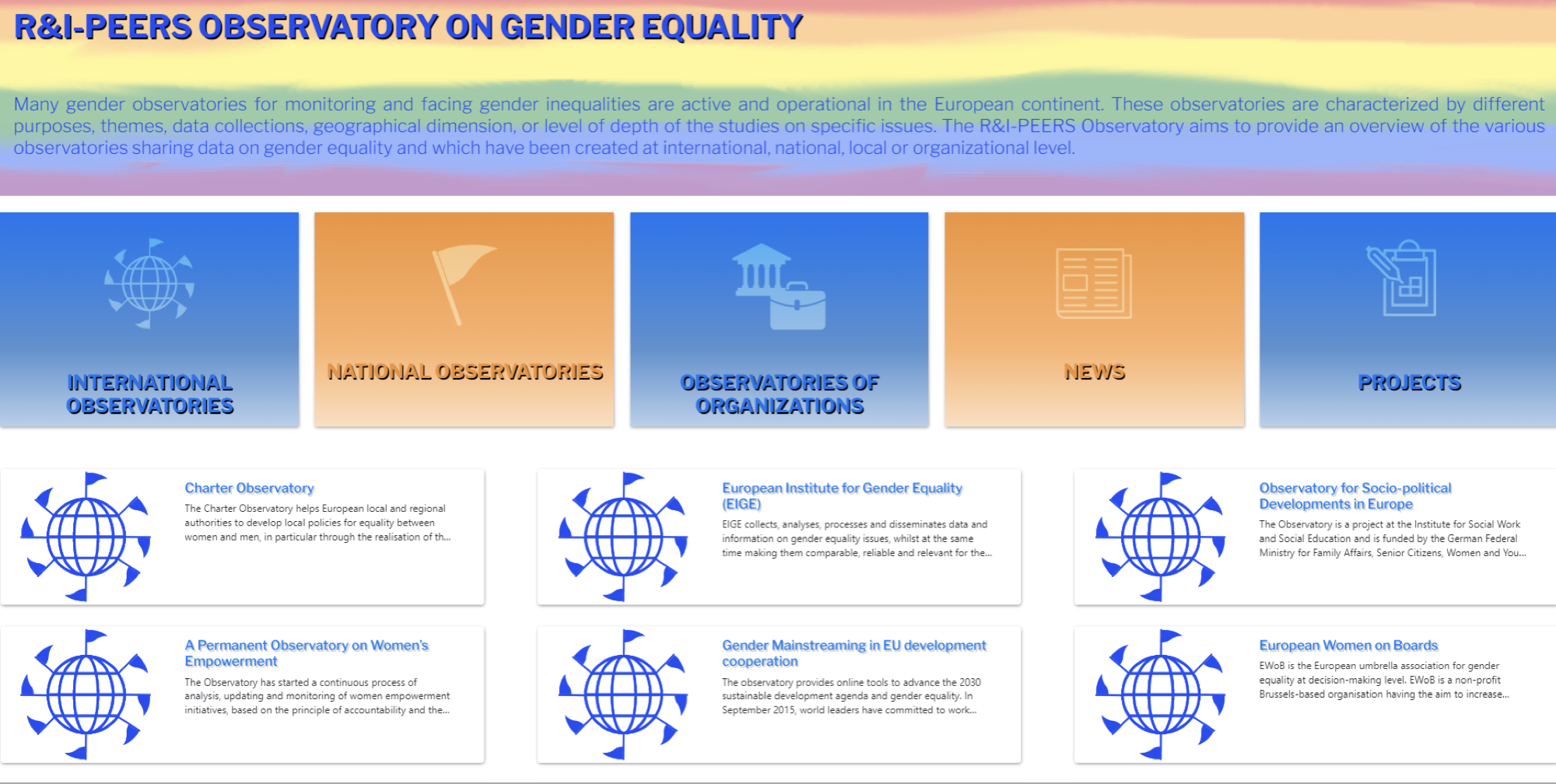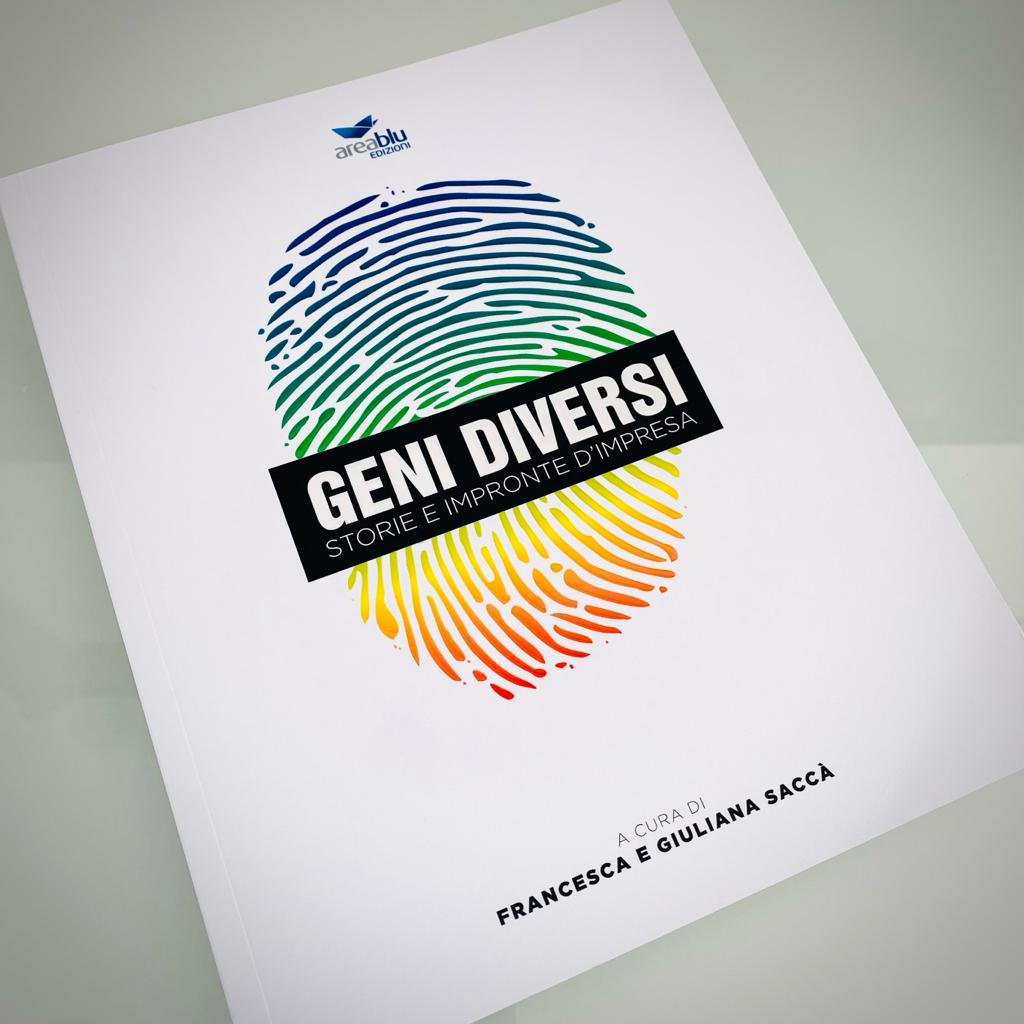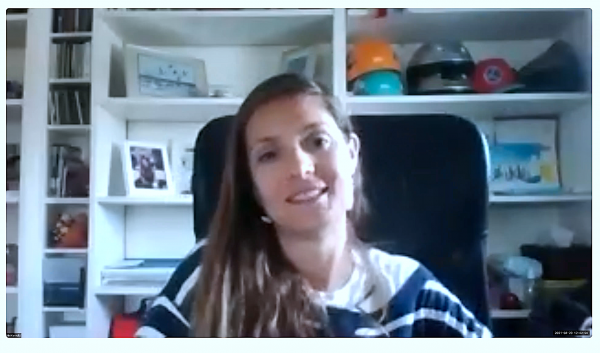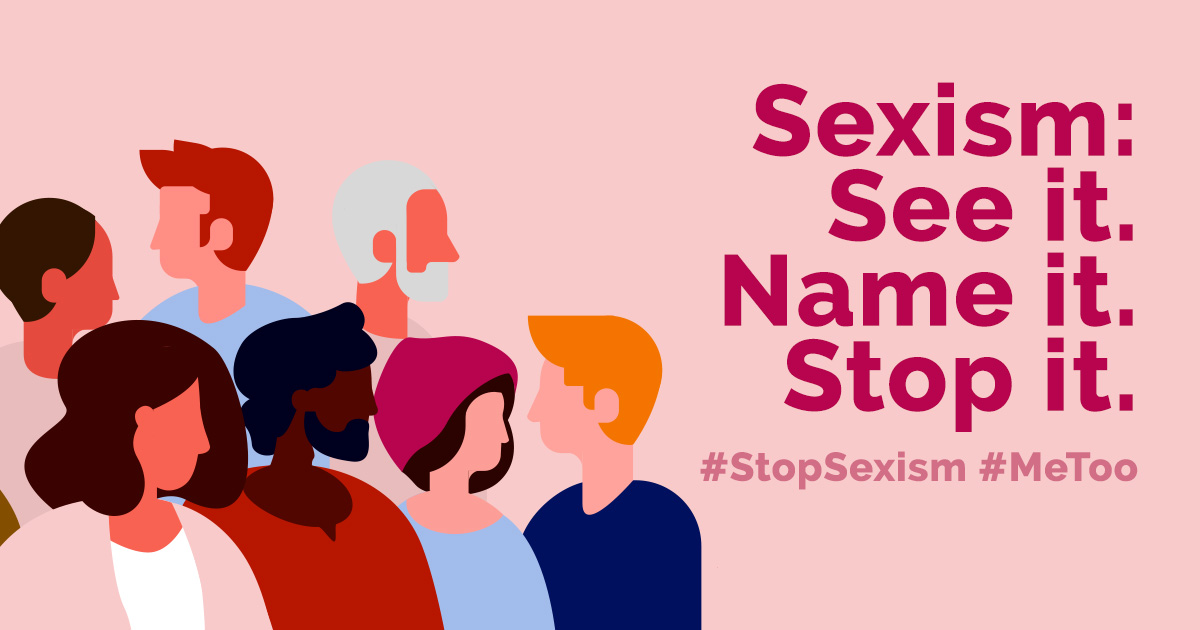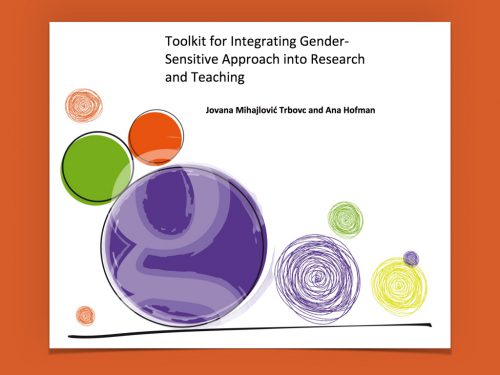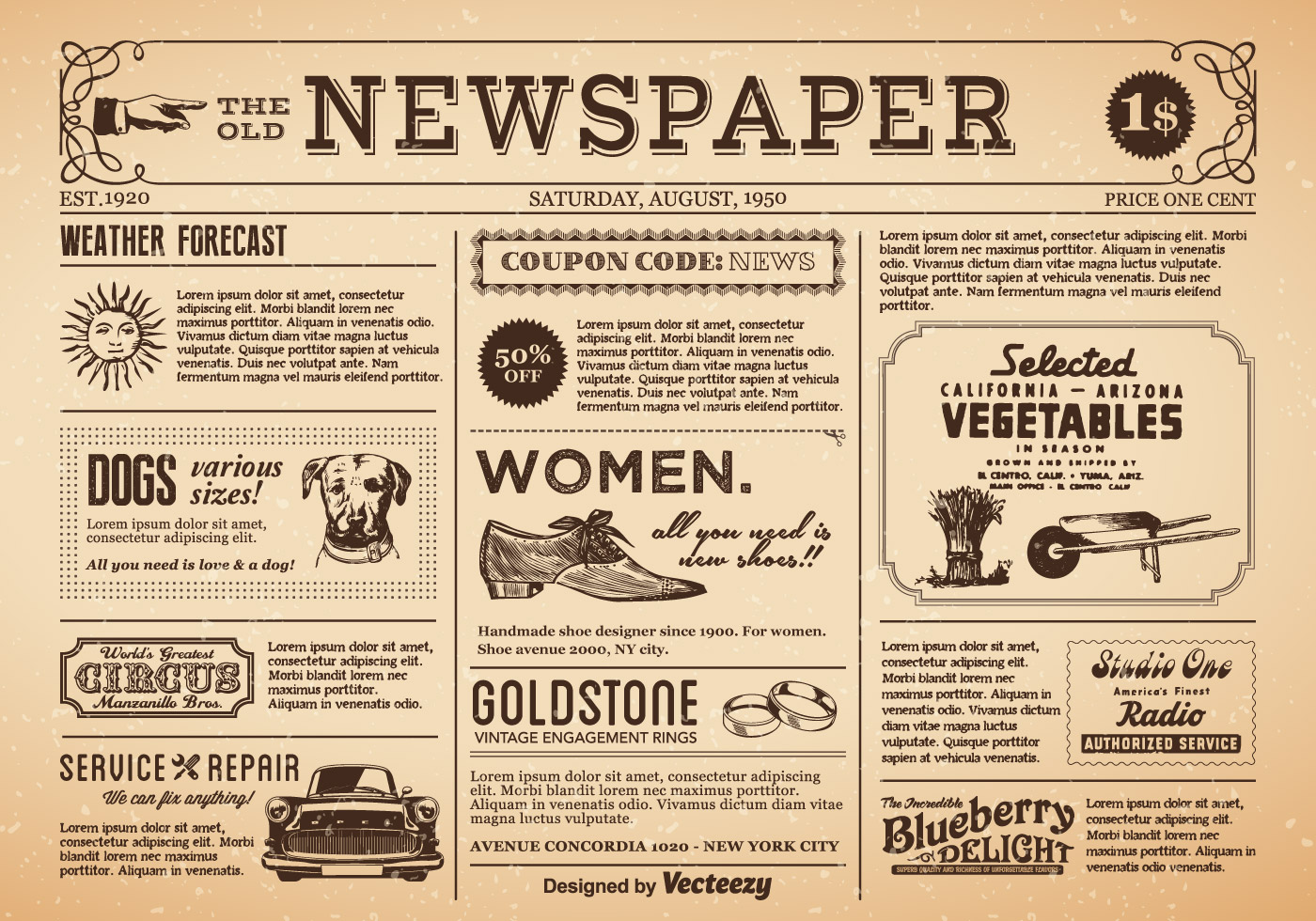On 12 July 2022 in Salerno, Italy and online, R&I PEERS project partners orgnised the project’s final multi-sectoral conference on the theme of “Gender Equality policies and actions: Lessons. Impact. Sustainability.” Presentations from the event are included below, and feedback is welcome.
Also, be sure to check out the RI PEERS Project video!
R&I PEERS Multi-sectoral Conference:
1. Welcome & Introduction to the RI-PEERS Multi-sectoral Conference – Digital Leadership Institute and University of Salerno
2. Gender & Policy: Mina Stareva, Policy Officer, European Commission – Presentation (PDF)
3. Lessons learned: Experiences from Gender Equality Changemakers, Chairperson: Jovana Mihajlović Trbovc, ZRC SAZU
- R&I PEERS Project: Francesca D’Ambrosio, University of Salerno – Presentation (PDF)
- GENDERACTION Project: Marcela Linkova, Institute of Sociology, Czech Academy of Sciences – Presentation (PDF)
- CHANGE Project: Himi Hana, Beit Berl Academic College – Presentation (PDF)
4. Impact: Gender equality policies in the local ecosystem, Chairperson: Francesca D’Ambrosio, UNISA
- Jovana Mihajlović Trbovc, ACT Project, Research Centre of the Slovenian Academy of Sciences and Arts – Presentation (PDF)
- Amani Charrad, The National Agency for the advancement of scientific research – Presentation (PDF)
- Prof. Cristina Rossi La Mastra, Business and Industrial Economics, Department of Management Engineering of the Politecnico di Milano
- Alessandra Pedone, Confindustria Salerno – Presentation (PDF) and “Siamo Pari” Video (MP4)
- Sigal Fishman, Galilee Research Institute – Presentation (PDF)
5. COGE Awards: Patrizia Grifoni, National Research Council – Presentation (PDF)
6. Sustainability: the way ahead,Chairperson: Katja Legisa, DLI
- Yolanda Ursa, GENDER STI Project, GrupoInmark
- Shadrack Mkansi, Science Awareness Platforms South African Agency For Science and Technology Advancement, SAASTA
- Yiannis Laouris, MD, PhD, MS, Senior Scientist Cyprus Neuroscience & Technology Institute – Presentation (PDF)
7. Panel Debate:
- Bice Della Piana, PhD, Associate Prof., Dep. Management & Innovation Systems, University of Salerno
- Mauro Cozzolino, Associate professor of clinical psychology, University of Salerno
- Fernando Ferri, National Research Council
###

